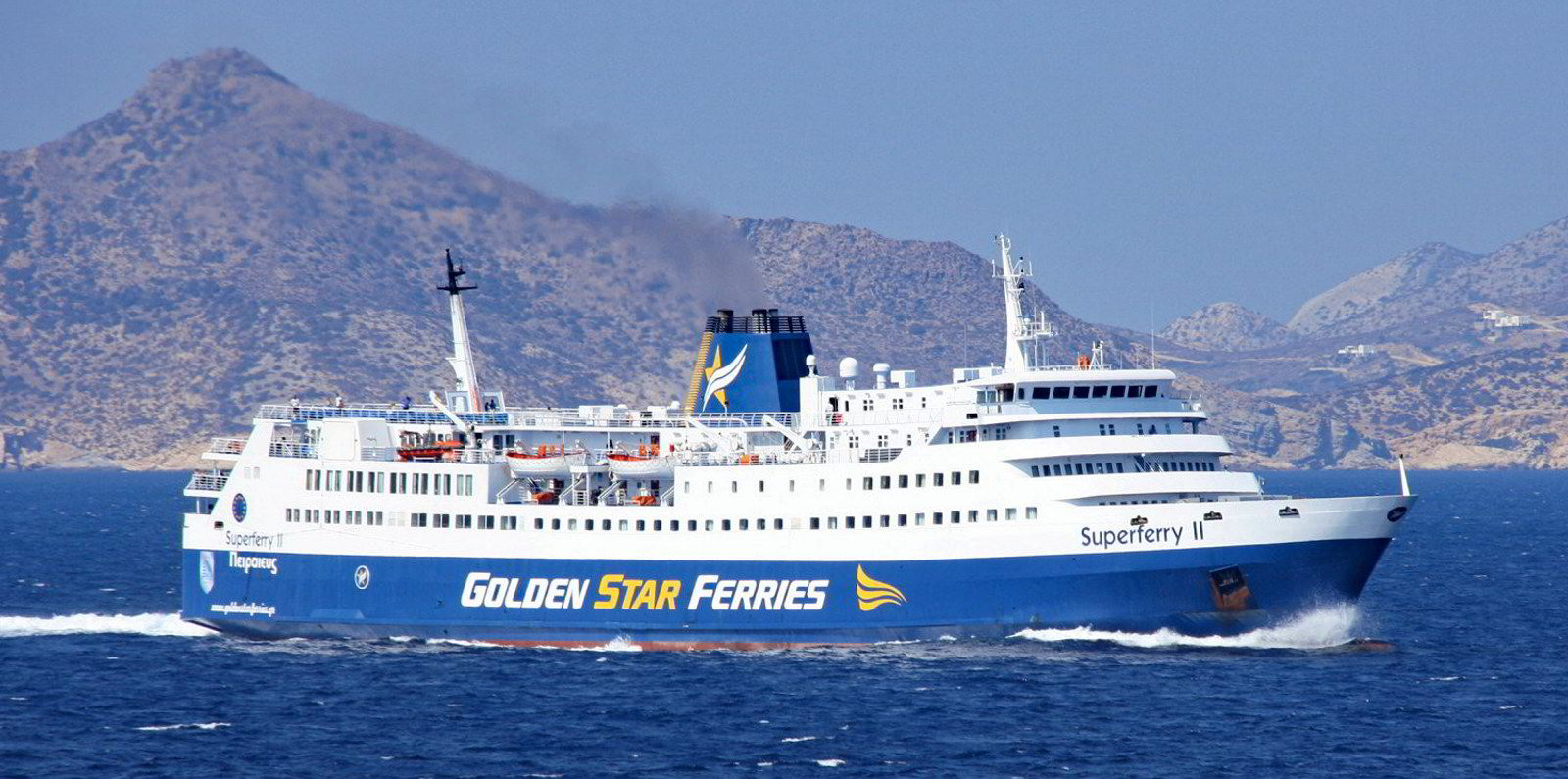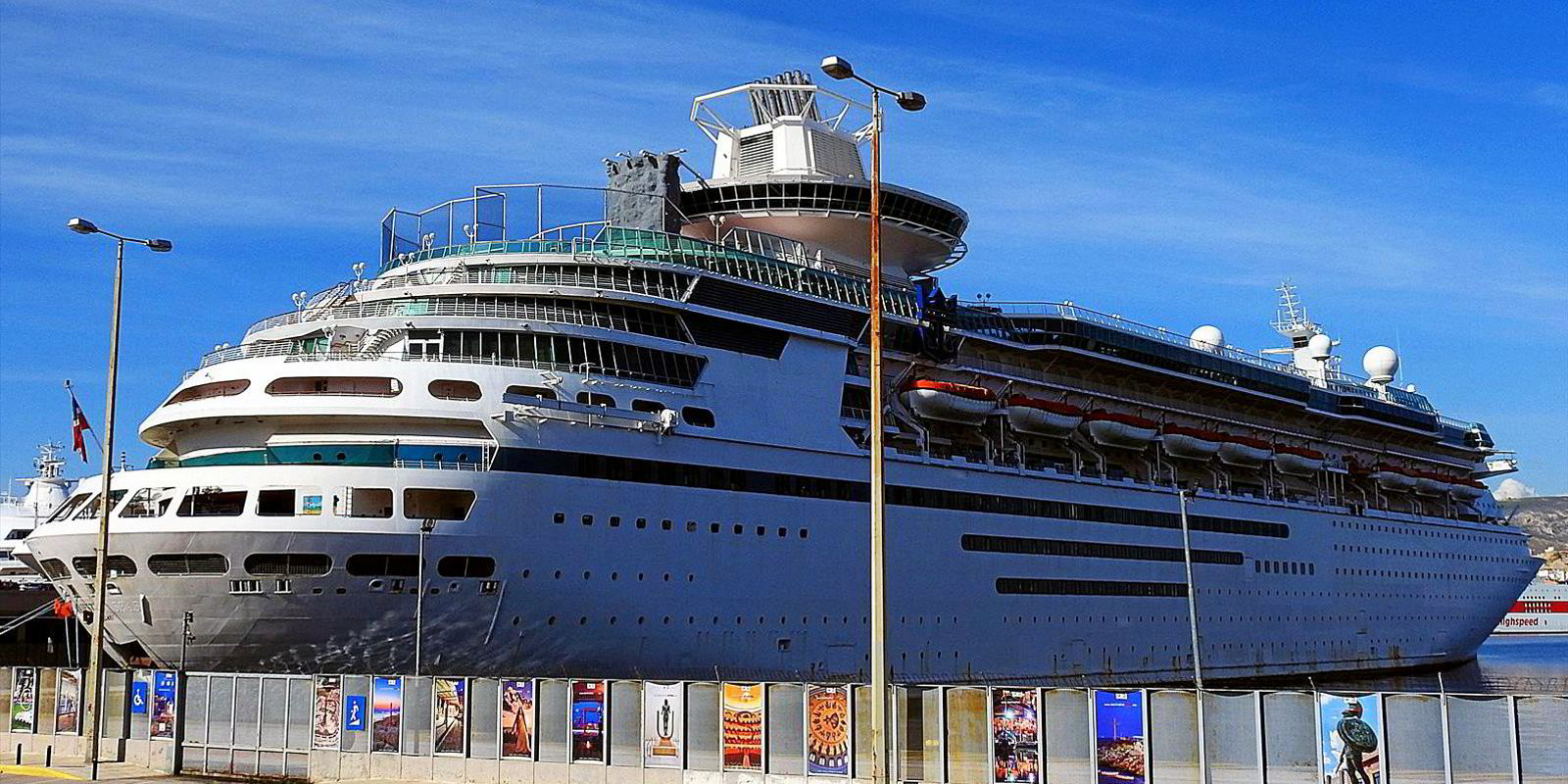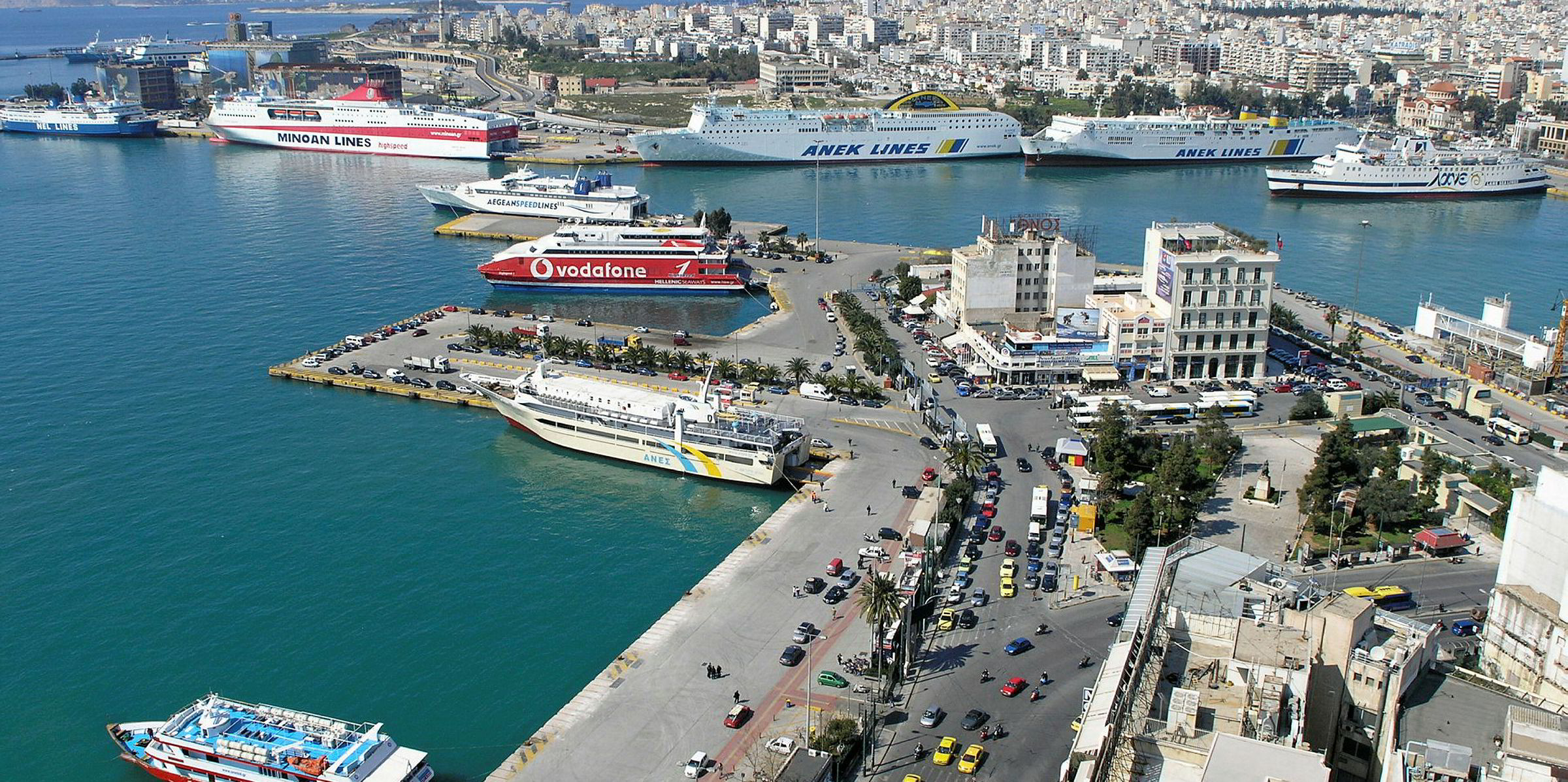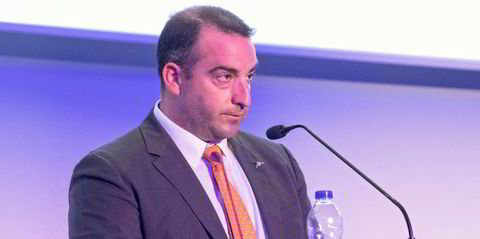Greece’s first post-pandemic ferry season is going off with a corporate bang, as a fleet of four passengerships passes from the Stefanou brothers' Golden Star Ferries to Marios Iliopoulos-led Seajets.
The deal, which was signed just before Greece started lifting coronavirus restrictions in May, involves one conventional vessel and three high-speed boats.
No price details have emerged for the fleet, which consists of the 4,986-gt Superferry II (built 1974), 4,274-gt Superrunner (renamed Superrunner Jet, built 1998), 662-gt Supercat (built 2000) and 269-gt Superspeed (built 2002).
Covid-19 and restrictions to contain it have dealt a blow to Greece’s coastal shipping industry, which is one of Europe’s biggest and heavily relies on summer tourism.
Αttica Enterprises, Greece’s biggest ferry company and one of very few to publish financial results, saw revenue drop by almost one-third in 2020, leading to net losses of €49.4m ($59.9m) from a €20.9m profit the year before.
Amid such hardship, only the most dedicated players, such as Iliopoulos, seem to have the stomach to expand their footprint in the market as it recovers from the pandemic.
The shipowner has already proven his risk-taking appetite by buying seven cruiseships as Covid-19 was wreaking havoc in the industry between last July and January.
Iliopoulos is already believed to have almost tripled some of this investment after he flipped to Indian ship recyclers two of these vessels that he acquired at auction for very low prices.
“We accepted to give the ships to him because we believe he is the only one able to make headway in the market,” Dimitris Stefanou told TradeWinds.
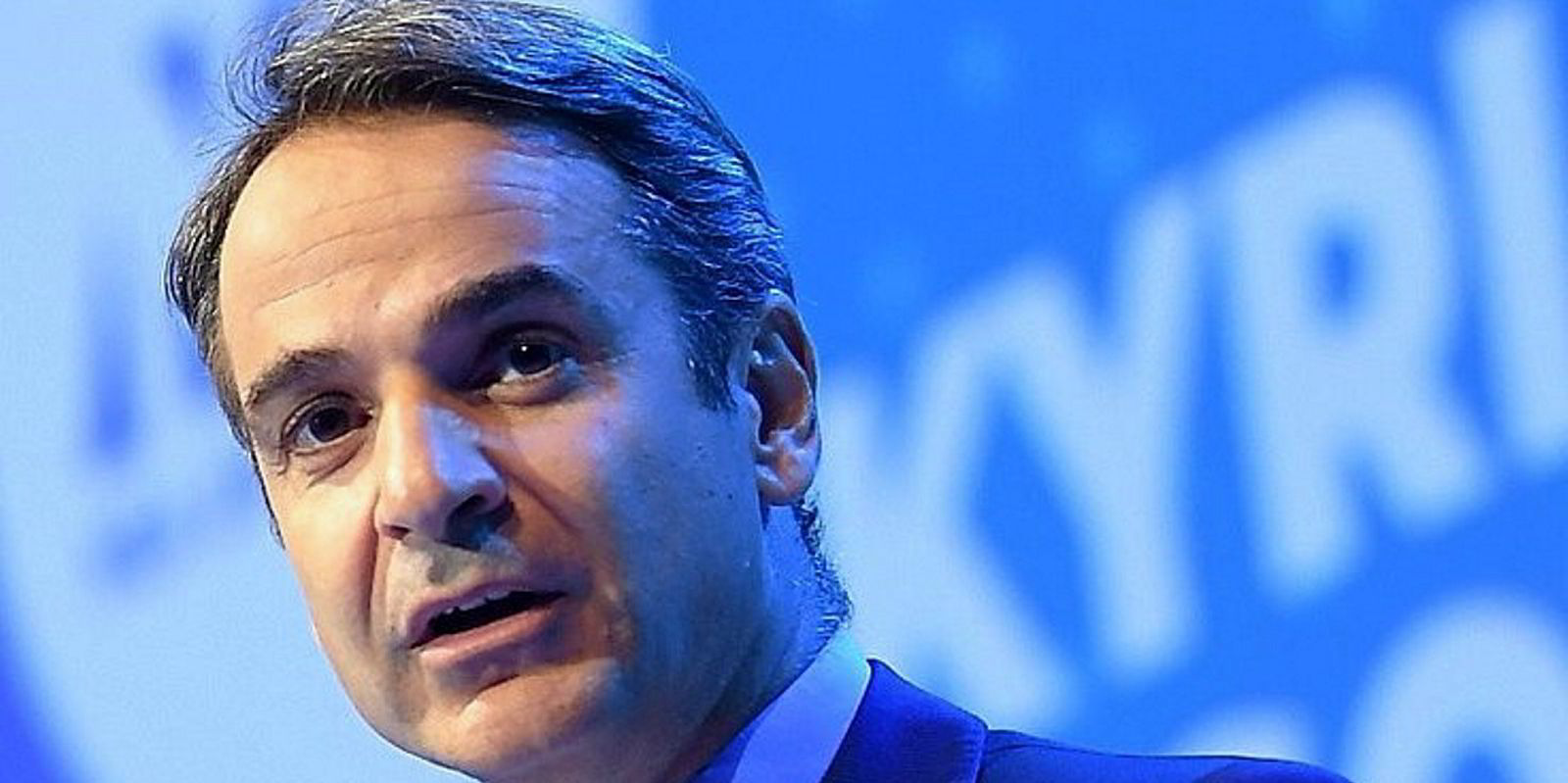
He and his brother, George, have had a long and friendly relationship with Iliopoulos, whose company Seajets now owns more than 20 high-speed and conventional ships, Stefanou added.
High hopes
Greece has set much in store to revive its tourism industry — the country's biggest foreign currency earner.
In an attempt to kick-start the business, the government in Athens has been spearheading efforts for an international vaccination certificate, in the hope that the document will facilitate cross-national flows of holidaymakers.
Such initiatives have already helped cruiseships to start plying Greek waters again.
Celestyal Cruises, a specialist in Greek and Eastern Mediterranean travel, resumed operations in Greece on 16 June.
“Observing how vaccination progresses in Europe, we’re optimistic for increased demand,” Celestyal’s chief executive Chris Theofilidis said while announcing the company’s reactivation after more than one year.
Covid-19 cases and deaths have been rapidly declining in Greece, after the country’s tourism season kicked off on 14 May.
But even if hopes of revival materialise, however, passenger shipping will be a tough business to stay in.
Travel will not remain without obstacles, as passengers will have to provide proof of vaccination or that they are otherwise free from the virus.
In the long term, environmental regulation is tightening and maintenance expenses increasing, especially for many of the older ships shuttling between Greece’s islands.
It was considerations such as these that led the Stefanou brothers to part with their four ships.
Their company Golden Star Ferries is not quitting coastal shipping altogether and the Superferry II is not due for delivery before October. Its fleet, however, will then shrink to two ships that service the siblings' Aegean home island of Andros, to which they are emotionally attached.
Oceangoing expansion
The Stefanou brothers are concentrating their funds and energy on oceangoing shipping instead.
Their companies Bright Navigation and Sea Gate Navigation have bought eight bulkers since the beginning of 2018 — three capesizes, four panamaxes and one handysize.
In the latest of these deals, concluded just before they agreed to sell their four passengerships, they acquired the 34,700-dwt Navios Serenity (built 2011).
This was the last remaining handysize in the owned fleet of US-listed Navios Maritime Holdings. The Angeliki Frangou-led company unveiled the ship’s $10.6m sale last month without identifying the buyers.
The purchase brings the combined fleet of Bright Navigation and Sea Gate Navigation to 15 vessels, composed of 13 bulkers and two passengerships.
According to Dimitris Stefanou, he and his brother intend to increase their fleet to 20 ships. The planned expansion may include tankers as well.
